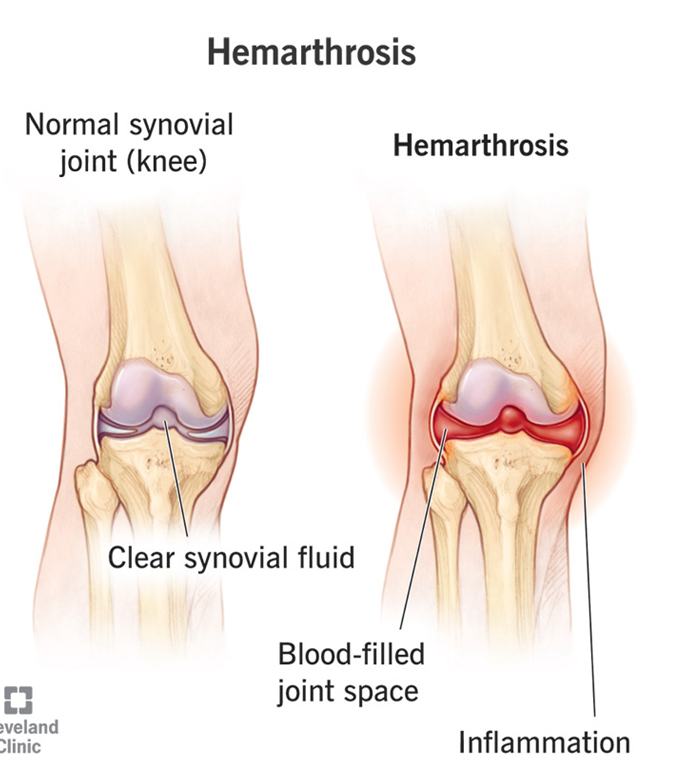Abnormal phenylalanine levels have a cumulative toxic effect on which body system?
Musculoskeletal system
Renal system
GI system
Central nervous system
The Correct Answer is D
The correct answer is d) Central nervous system.
Choice A reason:
The musculoskeletal system is not primarily affected by abnormal phenylalanine levels. Phenylketonuria (PKU) is a metabolic disorder that primarily impacts the brain and cognitive functions. While muscle weakness can occur due to overall health deterioration, it is not the primary system affected by phenylalanine toxicity.
Choice B reason:
The renal system is not the main target of phenylalanine toxicity. Although the kidneys play a role in filtering blood and excreting waste, the toxic effects of phenylalanine accumulation are more pronounced in the brain. Therefore, the renal system is not the primary system affected by abnormal phenylalanine levels.
Choice C reason:
The GI system, or gastrointestinal system, is not the primary system affected by abnormal phenylalanine levels. While dietary management is crucial for individuals with PKU to control phenylalanine intake, the toxic effects are primarily seen in the brain. The GI system is involved in the absorption and digestion of nutrients, but it is not the main system impacted by phenylalanine toxicity.
Choice D reason:
The central nervous system (CNS) is the primary system affected by abnormal phenylalanine levels. Phenylketonuria (PKU) leads to the accumulation of phenylalanine in the brain, causing severe brain damage and cognitive impairments. High levels of phenylalanine can disrupt neurotransmitter synthesis and brain development, leading to intellectual disabilities and other neurological issues. Therefore, the CNS is the main system impacted by phenylalanine toxicity.
Nursing Test Bank
Naxlex Comprehensive Predictor Exams
Related Questions
Correct Answer is D
Explanation
Choice A reason:
Keeping the affected extremity below the level of the heart is not recommended in the management of hemarthrosis in a child with hemophilia A. Elevating the affected limb can help reduce swelling and pain by promoting venous return and decreasing pressure in the joint.
Choice B Reason:
The use of topical analgesic cream on the painful area is not a primary treatment for hemarthrosis in hemophilia A. While it may provide some temporary relief, it does not address the underlying issue of bleeding within the joint. The primary treatment involves replacing the missing clotting factor.
Choice C Reason:
Instructing the parent to call their health care provider to obtain a plan of care is important, but it is not the immediate management step for hemarthrosis. Prompt treatment with clotting factor replacement is crucial to stop the bleeding and prevent joint damage.
Choice D Reason:
Prompt infusion of Factor VIII is the primary treatment for hemarthrosis in a child with hemophilia A. This treatment helps to replace the missing clotting factor, stop the bleeding, and prevent further joint damage. Early intervention is essential to minimize complications and promote healing.

Correct Answer is C
Explanation
Choice A reason:
A low-fat, low-carbohydrate diet is not specifically recommended for children with acute glomerulonephritis. The primary dietary concern for these children is managing fluid retention and blood pressure, which is more directly influenced by salt intake rather than fat or carbohydrate intake.
Choice B Reason:
Decreasing the number of calories in the child’s diet is not a primary recommendation for managing acute glomerulonephritis. While maintaining a healthy weight is important, the focus should be on reducing salt intake to manage edema and blood pressure.
Choice C Reason:
Avoiding salt is crucial for children with acute glomerulonephritis. Salt can lead to water retention, which exacerbates edema and can increase blood pressure. Therefore, it is important to limit salt intake to help manage these symptoms.
Choice D Reason:
Increasing the amount of protein in the diet is not recommended for children with acute glomerulonephritis. In fact, protein intake may need to be limited because the kidneys are less able to filter waste products from protein metabolism. Excessive protein can put additional strain on the kidneys.
Whether you are a student looking to ace your exams or a practicing nurse seeking to enhance your expertise , our nursing education contents will empower you with the confidence and competence to make a difference in the lives of patients and become a respected leader in the healthcare field.
Visit Naxlex, invest in your future and unlock endless possibilities with our unparalleled nursing education contents today
Report Wrong Answer on the Current Question
Do you disagree with the answer? If yes, what is your expected answer? Explain.
Kindly be descriptive with the issue you are facing.
